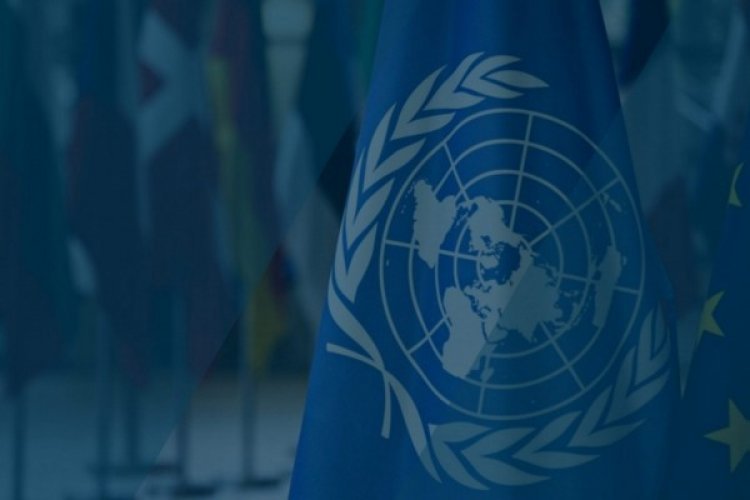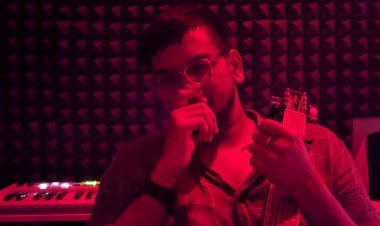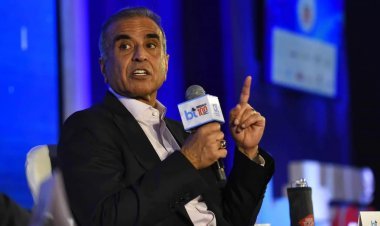Russia obstructs final document in nuclear treaty convention

The document condemns the military occupation of Europe's largest nuclear plant after Russian forces attacked Ukraine. This military occupation has raised fears of a nuclear accident.
"Unfortunately, no consensus has been reached on this document," Igor Vishnevsky, deputy director of the Russian Foreign Ministry's Department of Disarmament and Arms Control, told the delayed final meeting of the summit reviewing the 50-year-old nuclear non-proliferation treaty. He said that not only Russia, but many countries do not agree with the "many matters" included in the 36-page final document.
The passing of the document required the approval of all 191 parties to a treaty aimed at preventing the spread of nuclear weapons.
Gustavo Zlauvinen, the President of the Conference and Ambassador of Argentina, said the final draft represented the best efforts of all parties to put forward their differing views and meet their expectations "for a progressive outcome" at a time when, When "our world faces escalating conflicts and most dangerously, the growing threat of unimaginable nuclear war".
But after Vishnevecki spoke, Zlauvinen told the delegates, "I see that the conference is not in a position at this time to agree on its fundamental work."
The review conference of the NPT is held every five years, but this time it was delayed due to Covid-19. This is the second time that the final document has not been agreed upon among the member states. Earlier in the 2015 summit, the agreement could not be reached due to serious differences over the establishment of a West Asia region free from weapons of mass destruction.
Old differences regarding the West Asia region have not been resolved, but they are being discussed, and according to a draft final document obtained by the Associated Press (AP), the issue of establishing a nuclear-free West Asia region is crucial, But it hasn't been a big hurdle this year.
The most pressing issue this time around is the Russian attack on Ukraine on 24 February. Russian President Vladimir Putin has warned that Russia is a "powerful" nuclear state and that any attempt to intervene will have "results you've never seen before". "A nuclear war cannot be won and should never be fought," he said.
In addition, Russia's occupation of Europe's largest nuclear plant in Zaporizhia in southeast Ukraine has raised fears of a nuclear tragedy.
Under the provisions of the NPT, the five original nuclear powers – the US, China, Russia (then the Soviet Union), Britain and France – had agreed to negotiate a day to eliminate their arsenals, and the non-nuclear weapons states agreed on this condition. but promised not to acquire nuclear weapons, to guarantee them capable of developing nuclear energy for peaceful purposes.
India and Pakistan did not join the NPT. They made nuclear weapons. North Korea did the same. He first ratified the deal but later announced that he was withdrawing. Israel, which is not a signatory to the NPT, is believed to have a nuclear arsenal, but it neither confirms nor denies it.

 The Frontier Times
The Frontier Times 










